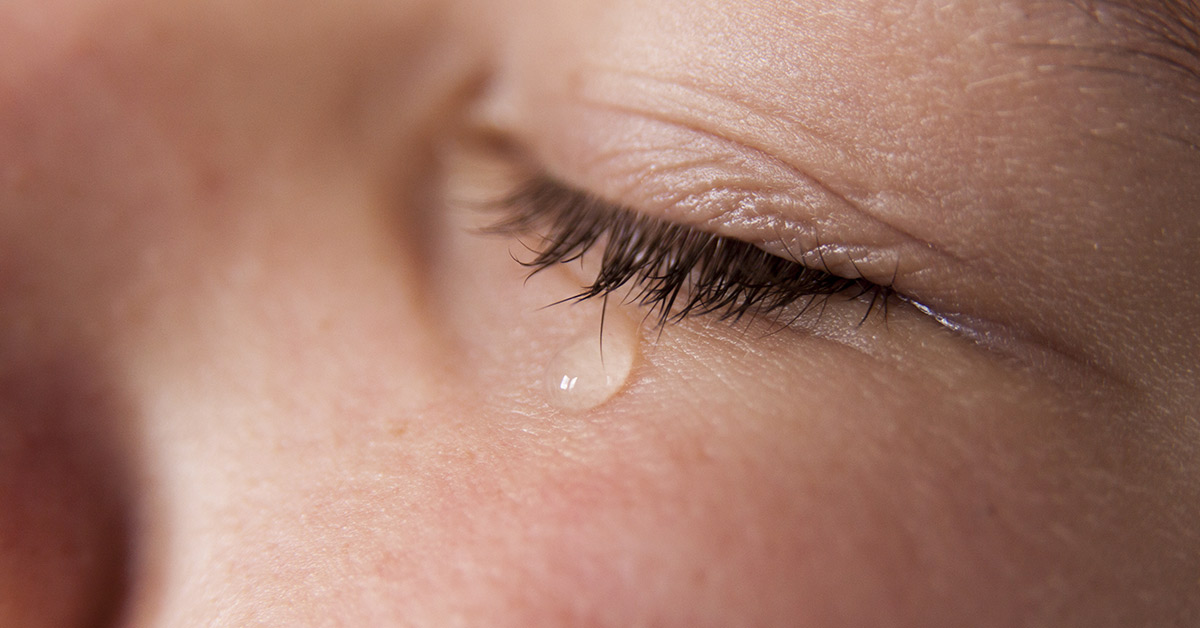It’s hard to be a kid, and whoever says otherwise doesn’t remember what it was like. Keep in mind that the world is vastly different than the one we grew up in. Children nowadays are facing struggles their parents never had. And the biggest factor of this changing landscape is technology. Gen Z is the first generation to grow up with screens and constant entertainment at their fingertips. Studies about children using smartphones are all recent — and they aren’t pretty. When contrasting these findings with the rise of mental health issues among youths, it’s clear to see what’s hurting our kids.
Social Media Could Be Hurting Our Kids
Social media is part of many teenagers’ lives. In 2018 Pew Research Center surveyed almost 750 13–17-year-olds. As it turns out, 45% are online almost constantly, and 97% use social media. [1] The internet could be a wonderful place to connect and support people, especially to find individuals going through similar experiences. Social media could also be used to express themselves and learn about current events, health, and other cultures. Additionally, platforms that are comedic or provide meaningful interactions could help them avoid depression.
However, it’s impossible to ignore the incredible amount of harm social media could have on the developing mind. Here are some of its potentially damaging effects:
- Distracting them
- Taking away from meaningful social interactions
- Disrupting sleep
- Cyber-bullying
- Unrealistic perceptions of other people and their lives
- Peer pressure
- Addiction to social media
Much of this depends on how often the teen is logging on. A study from 2019 surveyed over 6,500 teens aged 12–15. Kids who spent over three hours a day on social media were at a higher risk for developing mental health issues.
“Many existing studies have found a link between digital or social media use and adolescent health, but few look at this association across time,” said lead author Kira Riehm, a doctoral student in the Department of Mental Health at the Bloomberg School. “Our study shows that teens who report high levels of time spent on social media are more likely to report internalizing problems a year later. We cannot conclude that social media causes mental health problems, but we do think that less time on social media may be better for teens’ health.” [2]
Fear of Missing Out
More often than not, FOMO is what’s hurting our kids when it comes to social media. Many people, teens, and adults alike, often feel the need to check their phones, or else they’ll get anxious. FOMO (fear of missing out) is a real issue that could cause symptoms of anxiety and depression, especially if the person cannot check their phone for whatever reason. This could lead to the unhealthy habits of:
- Checking social media in the midst of a conversation
- Withdrawing from friend family
- Neglecting school, work, and hobbies
- Anxiety or withdrawal symptoms if they are not able to check social media
- Lying about how often they use social media
These signs are closely connected with internet addiction.
To make matters worse, when teens are checking social media, they experience another burst of missing out when they see what great things other people are up to. This could result in them feel dissatisfied, anxious, unworthy, irritable, and have lower self-esteem. [3]
Susceptible to Risks
Teenagers’ brains are still rapidly developing, heightening their sensitivity to social information and making them motivated to earn social approval. At this stage, teens need to explore their identity, establish close relationships, and grow their independence from their parents. Social media is a way for teens to explore these developmental steps with seemingly ease.
However, this makes them much more susceptible to relying on social media and absorbing the wrong messages. This could lead to depression and anxiety, as previously mentioned, and negative body images and disordered eating. Kids who are already vulnerable to certain issues could latch onto platforms that glorify unhealthy and risky behaviors, such as eating disorders, self-harm, substance abuse, etc. [4]
Prevent Kids From Getting Hurt
More research is needed, including extended trials, to really understand social media and how it could harm kids and teens. Until then, parents need to be active in establishing guidelines around their children’s social media. Additionally, families should conduct regular discussions about the topic and how to use it safely and responsibly. Above all, it’s important to be aware of the signs that social media use is having a negative effect on a child. [5]
In short, what’s hurting our kids when they go online? Whatever we turn a blind eye to.
“Parents need to stop being afraid of the tech their kids use!” said Collin Kartchner, TEDx speaker and founder of Save the Kids. “If your child is on social media apps, you need to be there, too. Educate yourself on the apps they use, and research the pros and cons of each.
“If you have courageous conversations with your kids about what they use the apps for, what they see, and let them know you are there to guide them through making good decisions with their tech use, you can save your kids from years of heartache.” [6]
Keep Reading: Dutch TV Show For Kids Features Naked Adults To Promote Body Positivity
Sources
- “Teens and social media use: What’s the impact?” Mayo Clinic. December 21, 2019
- “Teen social media use may increase risk of mental health problems.” John Hopkins University. Caitlin Hoffman. September 11, 2019
- “Social Media and Fear of Missing Out in Adolescents: The Role of Family Characteristics.” Sage Journals. Noor Bloeman, David De Coninck. October 21, 2020
- “The Impact of Social Media on Youth Mental Health.” NCMJ. Jacqueline Nesi. March 2020
- “5 Ways Social Media Affects Teen Mental Health.” Very Well Family. Sherri Gordon. July 13, 2020.
- “Mental health and social media: a parent’s guide.” Health Europa. February 6, 2020.

